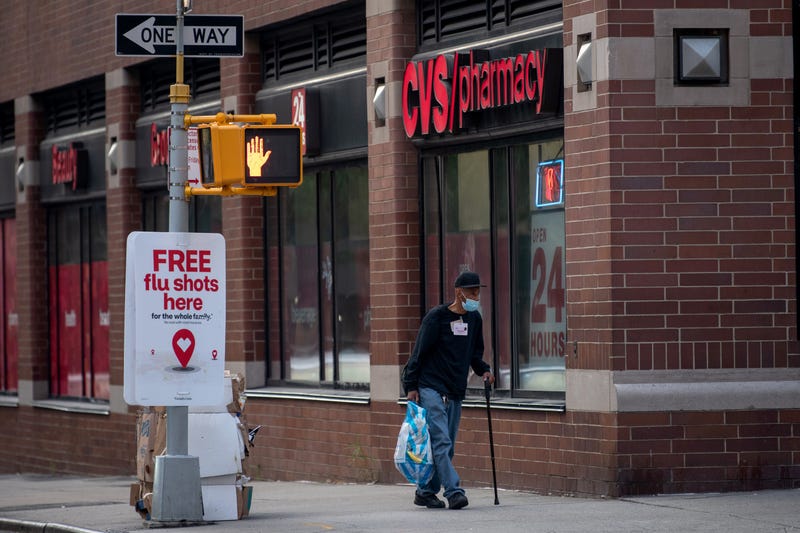
NEW YORK (1010 WINS) — It’s the start of flu season in New York and the state already documented an unusually high number of cases in September, igniting a call from health officials for New Yorkers to get their flu vaccine.
listen to 1010 wins
“I urge all New Yorkers to protect themselves and their family and friends by getting a flu vaccine as soon as possible,” New York State Health Commissioner Dr. Mary T. Bassett said. “With the early and aggressive spread of influenza, the annual flu shot is the most effective protection against serious illness. The COVID-19 booster can also be administered at the same time as the flu shot to further protect your health and those around you.”
The flu season will typically run from October through May, peaking between December and February, but this year saw higher than normal case counts in September with numbers increasing week over week, according to officials.
By the end of last week, 596 cases of the flu were confirmed and by Oct. 3, 44 counties in the state reported cases. During this time last year, there were 150 cases recorded of the flu.
New York City, the Capital District and Central New York had the highest number of cases amongst the 44 counties with the rest of the state only accounting for 57 of the 596 recorded cases.
Health officials are urging New Yorkers to get their flu vaccines amid the surge in cases. The flu vaccine is available to those six months and older. The people most at risk for serious complications from the flu are those who are 65 years and older, people with certain chronic medical conditions, young children and pregnant women.
COVID-19 is still a threat along with the flu and officials are also recommending New Yorkers get the new bivalent booster to protect themselves. The booster and flu vaccine can be administered at the same time for those eligible.
In order to avoid contracting and spreading both viruses, health officials recommend:
-Washing your hands often with soap and hot water for at least 20 seconds to protect yourself from germs and avoid spreading them to others.
-Carrying an alcohol-based hand sanitizer to use when soap and water are not available. Choose a product with at least 60 percent alcohol.
-Do not cough or sneeze into your hands. Instead, cover your mouth and nose with a tissue.
-Staying home if you are sick.
-Wearing a mask that covers your nose and mouth if you are symptomatic.



